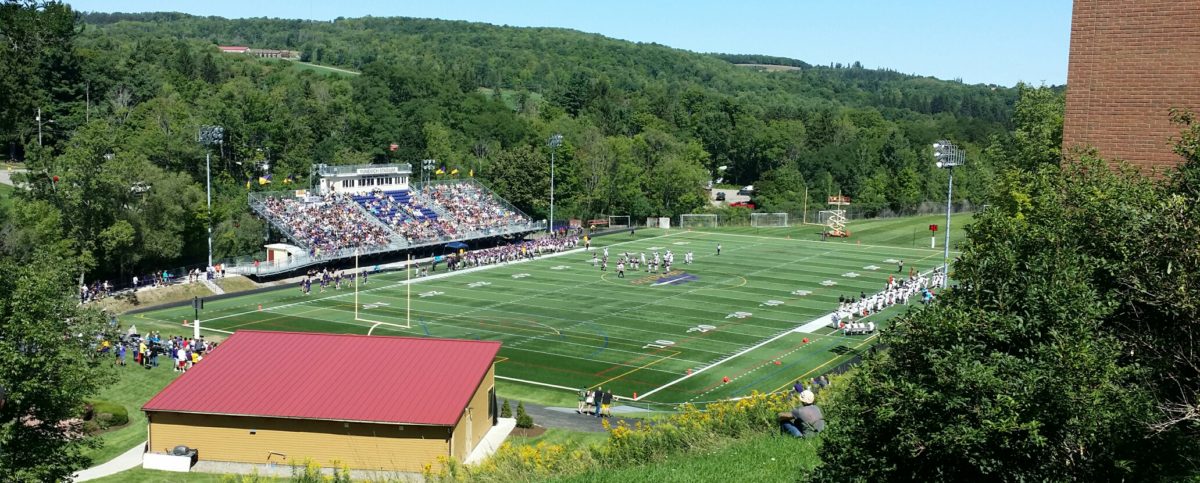Today, Alfred University faculty from the School of Engineering and the School of Business submitted their final Appalachian Regional Commission grant proposal to Southern Tier West. The proposal aims to educate the local workforce in drone repair and maintenance, flight operations leading to a commercial drone flight license, and in entrepreneurship skills leading to business creation. The students will then work with local farmers by using drones to help increase crop yield and health.
We hope to receive the grant, but in any case we want to publicly acknowledge all the new friends we met in this journey and who supported us in this project, specifically:
- Allegany County Farm Bureau
- Allegany County Office of Planning
- Brown Property Development
- Business students from Alfred University School of Business
- Congressman Tom Reed, US House Representative, 23rd District, NY
- Cornell University Cooperative Extension Allegany County
- Dean of the Alfred University, College of Professional Studies
- Dean of the Alfred University, Kazuo Inamori School of Engineering
- Engineering students from Alfred University Kazuo Inamori School of Engineering
- Hunt Real Estate
- IncubatorWorks
- Wellsville Area Chamber of Commerce
- Western New York Regional Economic Development Council
Thank you all, Fiat Lux!




